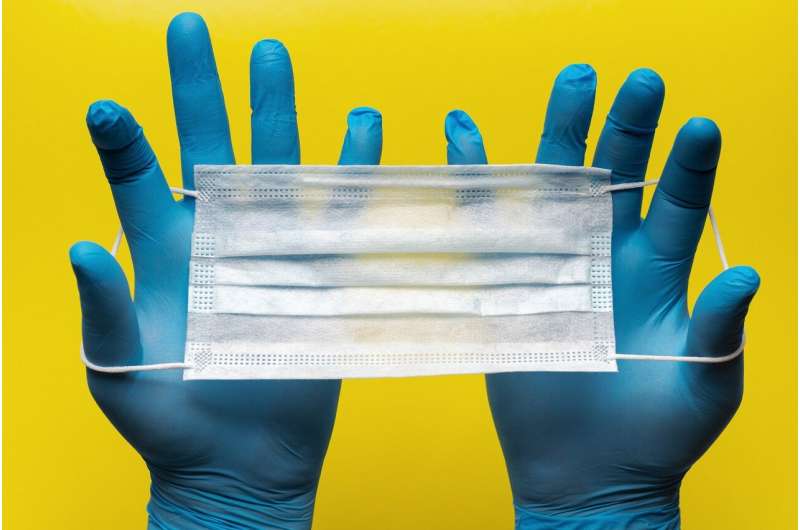Optimal Timing of RSV Vaccination Essential for Protecting Infants

The timing of administering the respiratory syncytial virus (RSV) immunization in infants is a critical factor in ensuring its effectiveness, according to recent research from Yale University published in JAMA Network Open. The study highlights that while the monoclonal antibody nirsevimab provides significant protection, its efficacy diminishes after approximately three months, emphasizing the importance of carefully scheduling immunizations in line with seasonal outbreaks.
Nirsevimab is a seasonal vaccine designed to target RSV in infants. It works by binding to specific sites on the virus, preventing it from entering human cells. Clinical trials have shown that nirsevimab can be up to 85% effective at preventing severe RSV illness in children under one year old. However, to maximize its protective benefits, administering the vaccine just before the onset of RSV season is crucial.
The study involved analyzing data from around 3,000 infants cared for within the Yale New Haven Health System during the RSV season from October 2023 to May 2024. During this period, only about 10% of these infants received the vaccine. Of the total, 680 tested positive for RSV, and 166 infants—most of whom were unvaccinated—were hospitalized. The findings revealed that nirsevimab was approximately 68% effective at preventing RSV infections and 85% at preventing hospitalization. While it didn’t prevent all infections, the vaccine was remarkably effective in preventing severe disease, which can cause infants to drown in mucus and struggle to breathe.
The research also indicated that the protective effect of nirsevimab waned after about 14 weeks. Based on these results, health authorities like the CDC recommend administering the vaccine to infants aged eight months or younger at the very start of RSV season, which spans from October to March. This timing ensures children gain maximum protection during peak viral circulation.
This study offers vital insights that can help policymakers optimize vaccination schedules, thereby reducing hospitalizations and severe RSV cases among vulnerable infants. As no specific treatment exists for RSV, preventive measures like nirsevimab play a critical role in safeguarding infant health.
For further details, see the original study: Hanmeng Xu et al, "Estimated Effectiveness of Nirsevimab Against Respiratory Syncytial Virus," JAMA Network Open (2025).
Stay Updated with Mia's Feed
Get the latest health & wellness insights delivered straight to your inbox.
Related Articles
Impact of Smoking and Biological Sex on Healthy Bladder Tissue and Cancer Risk
New research reveals how smoking and biological sex influence healthy bladder tissue evolution, uncovering early markers of bladder cancer risk and opening pathways for improved prevention and early detection.
Enhancing Exercise Capacity in Heart Failure Patients Through Lower-Limb Heating
Lower-limb heating significantly improves endurance in heart failure patients by increasing blood flow and oxygenation, offering a promising tool for cardiac rehabilitation.
Regional Variations in COVID-19 Deaths Across Europe During 2020 and 2021
An in-depth look at how COVID-19 caused significant regional differences in mortality across Europe during 2020 and 2021, emphasizing the importance of localized health data.
Loneliness Linked to Increased Risk of Hearing Loss: Insights from a Large UK Cohort Study
A large UK study uncovers a strong association between loneliness and increased risk of developing hearing loss, emphasizing the impact of social factors on ear health.



